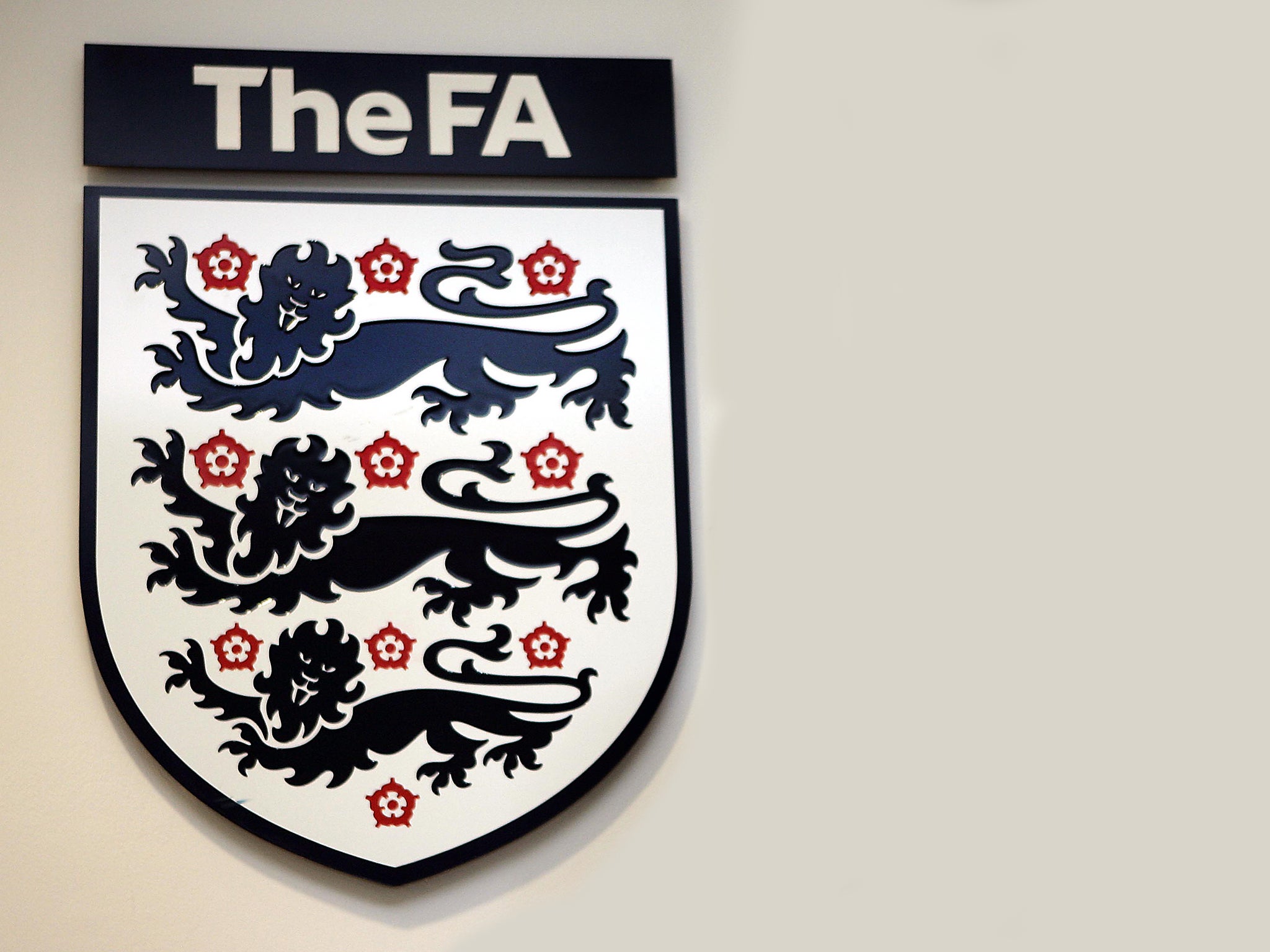Football Association to increase the number of drug tests for the new season
The Football Association will preside over what is now one of the most extensive anti-doping campaigns in both British sport and European football

Your support helps us to tell the story
From reproductive rights to climate change to Big Tech, The Independent is on the ground when the story is developing. Whether it's investigating the financials of Elon Musk's pro-Trump PAC or producing our latest documentary, 'The A Word', which shines a light on the American women fighting for reproductive rights, we know how important it is to parse out the facts from the messaging.
At such a critical moment in US history, we need reporters on the ground. Your donation allows us to keep sending journalists to speak to both sides of the story.
The Independent is trusted by Americans across the entire political spectrum. And unlike many other quality news outlets, we choose not to lock Americans out of our reporting and analysis with paywalls. We believe quality journalism should be available to everyone, paid for by those who can afford it.
Your support makes all the difference.The Football Association will oversee more than 5,000 drug tests this season, representing an increase of 2,000 from last term and a 100% increase from 2015-16, in what is now one of the most extensive anti-doping campaigns in both British sport and European football.
The governing body are also reviewing whether to increase fines for clubs who fall foul of the ‘three-strike’ rule for players missing tests.
The increase in tests represents the biggest change for the FA’s integrity unit ahead of the new 2017-18 season, and has seen the number double from around 2,500 in 2015-16. The controls - run by UK anti-doping (UKAD) - will be weighted from the Premier League downwards, and will also be intelligence-based so that resources are diverted if particular players or teams show blood profiles that UKAD find suspicious.
Tests will also be concentrated on players who regularly appear, as opposed to those like third-choice goalkeepers. Testing is done through either blood or urine or sometimes a both, and players will not know what they will face when going in, although urine tests still represent the majority.
The FA are also considering raising fines for missing tests, meanwhile, with current sanctions usually amounting to around £35,000.
Clubs currently have to notify the controllers of their training information and squad home addresses, and efforts have been made to ensure that it is as easy as possible a notification process in the event of changes to the schedules, but issues have arisen in cases like when a manager has given a player a day off without telling the employee at the club responsible for informing the testers.

Both Manchester City and Bournemouth were fined £35,000 each last season for admitting breaches of the 'club whereabouts' information.
The extent of the FA’s anti-doping system now represents the most expensive and thorough in the UK, and is said to be “incomparable” to other Uefa nations, due to the scale of it. There were a total four cases investigated as a result of tests last season, with two now closed and another two ongoing.
The tests have also have other benefits in that they also test for cancer, allowing the authorities to confidentially go to club doctors and inform them a player should be further screened.
Join our commenting forum
Join thought-provoking conversations, follow other Independent readers and see their replies
Comments